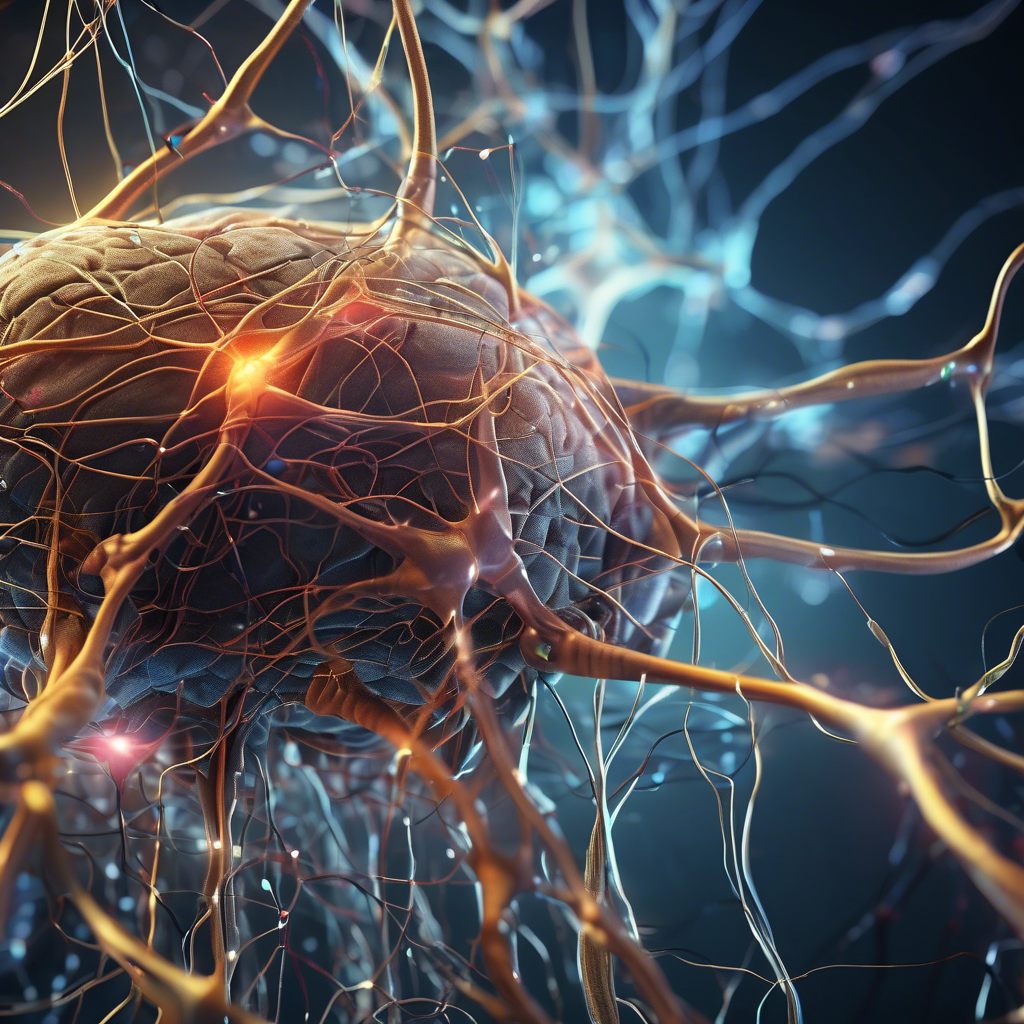MIT Researchers Develop LinOSS AI Model for Efficient Long Sequence Processing

Brief news summary
Researchers at MIT’s CSAIL have introduced LinOSS (linear oscillatory state-space models), an innovative AI method inspired by brain neural oscillations, aimed at enhancing machine learning on long, complex data sequences. Traditional approaches often struggle with extended datasets like climate or financial time series, and existing state-space models face stability and computational challenges. Developed by T. Konstantin Rusch and Daniela Rus, LinOSS employs forced harmonic oscillator dynamics to deliver stable, efficient, and expressive predictions with fewer limitations. Its universal approximation capacity enables accurate modeling of any continuous causal input-output relationship. Experimental results demonstrate LinOSS significantly outperforms top models, nearly doubling accuracy compared to Mamba on very long sequences. Unveiled at ICLR 2025, LinOSS holds promise for transformative applications in healthcare analytics, climate science, autonomous driving, and financial forecasting by integrating biological inspiration with rigorous mathematical principles to better analyze and predict complex long-range sequential data.Researchers at MIT’s Computer Science and Artificial Intelligence Laboratory (CSAIL) have created a new artificial intelligence model inspired by neural oscillations in the brain, aiming to vastly improve how machine learning algorithms process long data sequences. AI systems often find it challenging to analyze complex information that unfolds over extended timeframes—such as climate patterns, biological signals, or financial datasets. A recent class of AI models called "state-space models" was developed to better capture these sequential patterns. However, existing state-space models frequently encounter problems like instability or the need for heavy computational power when dealing with lengthy sequences. To overcome these limitations, CSAIL researchers T. Konstantin Rusch and Daniela Rus introduced “linear oscillatory state-space models” (LinOSS), which utilize principles of forced harmonic oscillators—a physics concept that also appears in biological neural networks. This method ensures stable, expressive, and computationally efficient predictions without imposing overly strict constraints on model parameters. "Our aim was to replicate the stability and efficiency seen in biological neural systems within a machine learning framework, " states Rusch.
"LinOSS allows us to reliably learn long-range dependencies, even in sequences numbering hundreds of thousands of points or more. " What sets LinOSS apart is its ability to maintain stable predictions while demanding far less restrictive design criteria than previous approaches. Additionally, the team mathematically demonstrated the model’s universal approximation property, ensuring it can approximate any continuous, causal relationship between input and output sequences. Tests showed that LinOSS consistently outperformed leading models on various challenging sequence classification and forecasting benchmarks. Remarkably, LinOSS achieved nearly double the performance of the widely-used Mamba model on extremely long sequence tasks. Acknowledging its importance, the research was selected for an oral presentation at ICLR 2025—an honor reserved for just the top 1 percent of submissions. The MIT team expects LinOSS to have substantial impact in domains requiring accurate, efficient long-term forecasting and classification, such as healthcare analytics, climate science, autonomous vehicles, and financial forecasting. "This work highlights how mathematical rigor can drive breakthroughs and broad real-world applications, " notes Rus. "With LinOSS, we offer the scientific community a powerful tool to understand and predict complex systems, effectively bridging biological inspiration and computational innovation. "
Watch video about
MIT Researchers Develop LinOSS AI Model for Efficient Long Sequence Processing
Try our premium solution and start getting clients — at no cost to you

I'm your Content Creator.
Let’s make a post or video and publish it on any social media — ready?
Hot news

Apple earnings live updates: AI strategy under th…
Morgan Stanley analyst Erik Woodring anticipates weak stock performance following Thursday’s earnings report, expecting investors to be underwhelmed by iPhone sales.

Walter Isaacson's new biography company counts on…
Last year, recent Tulane graduate Ishaan Pomichter, a tech enthusiast, took a digital technology class with renowned biographer Walter Isaacson.

SenseTime and Cambricon Collaborate to Build Next…
Chinese AI pioneer SenseTime has announced a strategic partnership with semiconductor company Cambricon, marking a major advance in next-generation AI infrastructure.

SEO Is Over: How To Get AI To Recommend Your Smal…
Customers are no longer just typing keywords into a search bar; instead, they are turning to ChatGPT, Perplexity, and Google AI Overviews to get recommendations.

AI-video firm Higgsfield is attracting artists an…
Over 15 million individuals are producing GenAI videos using the platform developed by the startup Higgsfield, which recently secured $130 million in a Series A funding round, valuing the company at over $1.3 billion.

The Role of AI in Personalizing Marketing Campaig…
Personalization has become a vital aspect of effective marketing, representing a major shift in how brands engage with their audiences.

Leveraging AI for Advanced SEO Analytics and Repo…
In the swiftly evolving domain of search engine optimization (SEO), maintaining a competitive edge requires embracing the latest tools and technologies.
AI Company
Launch your AI-powered team to automate Marketing, Sales & Growth

and get clients on autopilot — from social media and search engines. No ads needed
Begin getting your first leads today








